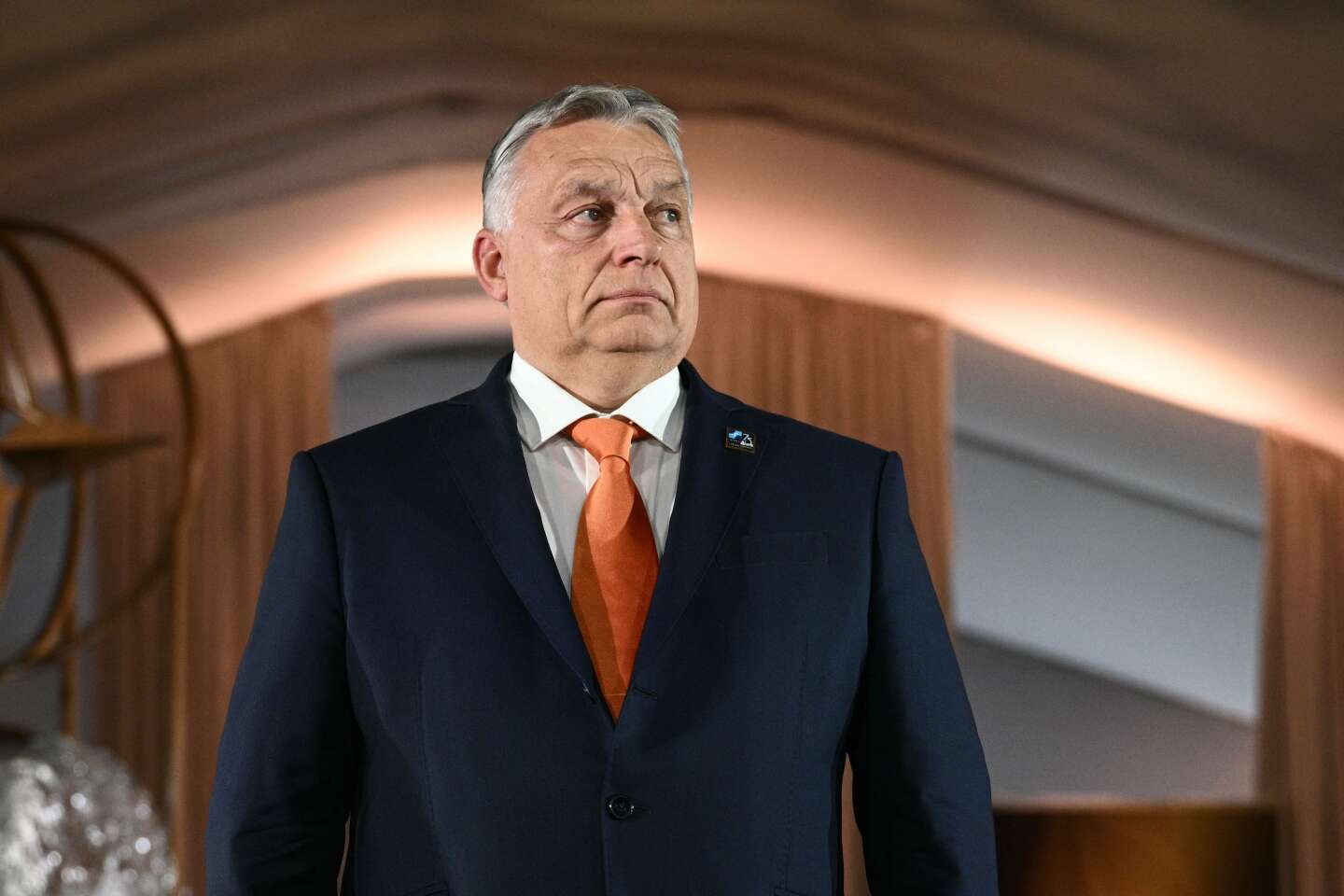In the early days of Hungary’s presidency of the Council of the European Union, Viktor Orban surprised everyone by going, on his own initiative, on a “peace mission” to Kyiv, then Moscow, then Beijing, with a detour to Azerbaijan. A masterstroke of Magyar diplomacy? A stroke of genius from the enfant terrible of the European family? Perhaps secret mediation between autocrats who understand each other?
It wasn’t any of that, unfortunately. On Monday, July 8, the “Peace Mission 3.0” – as the Top Gun-style videos Orban posts on social media after each stage are pompously called – smashed into a Kyiv building that housed a large hospital for children with cancer, and Top Gun was transformed into a “useful idiot.”
No sooner had the Hungarian prime minister walked away from the Kremlin, after presenting his vision of peace in Ukraine there, than Vladimir Putin unleashed a rain of deadly missiles on the country he has been torturing for 10 years now. In Kyiv, a cruise missile destroyed the equivalent of the Necker hospital in Paris, killing four children, while staff at the care facility frantically helped rescuers search the rubble for survivors.
A lack of enthusiastic leaders
In Brussels, as is often the case, the reaction to this latest Hungarian misconduct was muted, while stressing that Orban has no European mandate. He himself played modest – “I’m only the head of a country with a population of 10 million” – as if he didn’t know that many European countries have fewer than 5 million inhabitants, and as if his “Peace Mission 3.0” videos didn’t end with the logo of the EU presidency.
But for Poland, enough is enough. Less impassive than their colleagues in the older EU member states, Polish leaders are openly regretting not having put a stop to the Hungarian presidency of the EU, which they are scheduled to take up in 2025. The tone is rising with irritation in Warsaw, which has called a meeting of the 27 ambassadors to the EU for Wednesday, July 10, to discuss the issue of Hungary.
What to do with Orban? Daniel Hegedüs, a researcher at the think tank The German Marshall Fund of the United States, proposed, on the social media platform X, a way of shortening the rotating presidency without violating treaties.
But the Hungarian has more than one trick up his sleeve: Orban has just created a group in the European Parliament, Patriots for Europe, with the elected representatives of his party, Fidesz. The far-right Rassemblement National (RN) MPs joined it on the evening of the second round of the French legislative elections, and it will be chaired by RN President Jordan Bardella. This new far-right group will therefore become the third largest formation in the European Parliament in Strasbourg, relegating the centrists of Renew Europe to fifth place behind the other far-right group, which includes the troops of Italian Prime Minister Giorgia Meloni.
You have 49.69% of this article left to read. The rest is for subscribers only.

